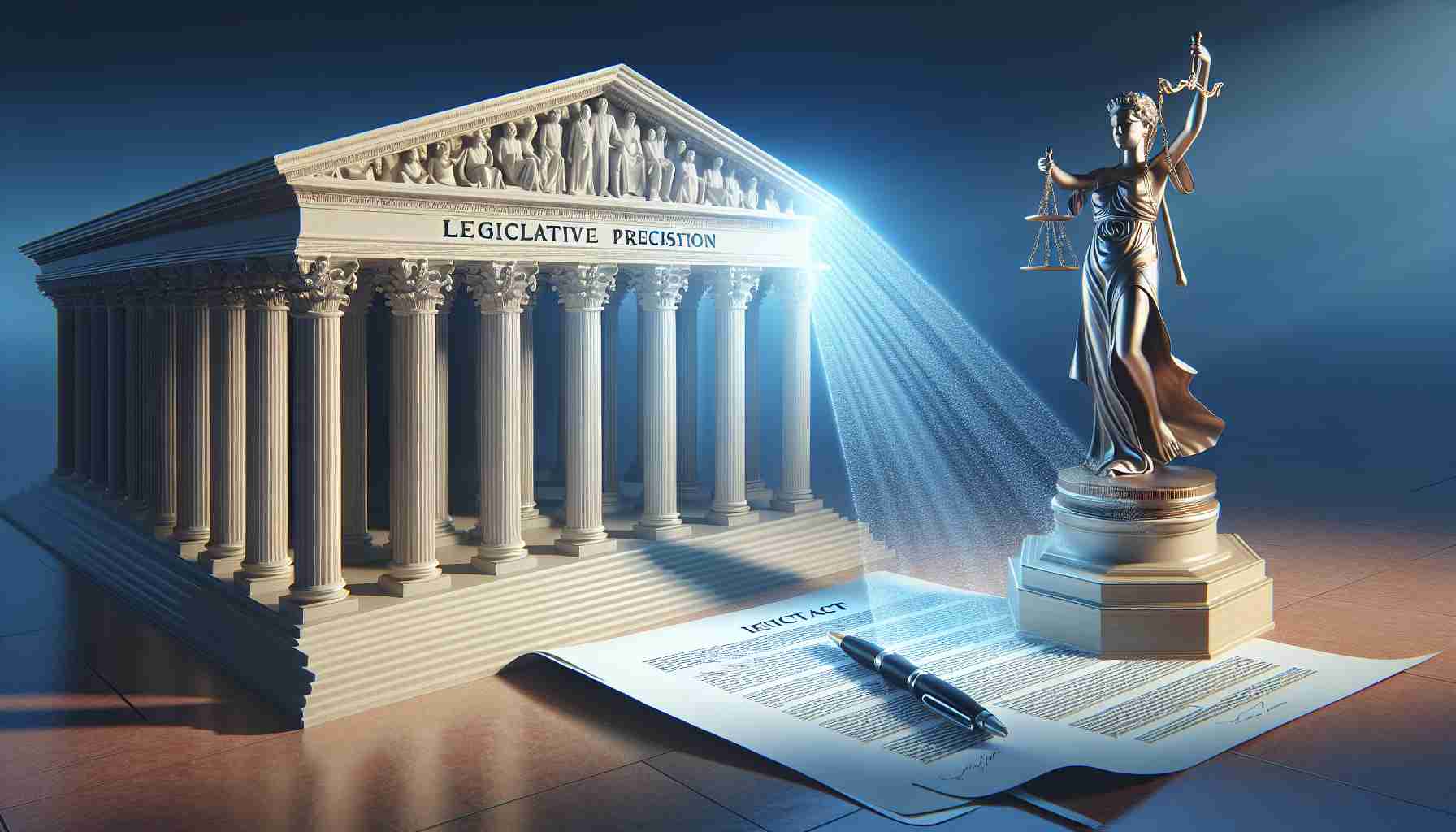Rebalancing Federal Power: The Supreme Court has made a landmark decision that propels Congress back towards its foundational role as the nation’s primary legislative body. In the recent case involving Loper Bright Enterprises against Raimondo, the highest court has overhauled a decades-old precedent which previously allowed administrative agencies to fill in legislative blanks.
Revoking Deference to Agency Interpretations: The turning point stems from a situation where a group of fishermen were mandated by the National Marine Fisheries Service to cover monitoring costs, a responsibility not explicitly defined by the original statute. This requirement resulted in a daily financial burden of approximately $710 for the fishermen. The contentious point of who shoulders these expenses will now be revisited by lower courts, in light of the new Supreme Court stance.
Challenging Executive Agency Power: Historically, ambiguities in congressional statutes have offered a backdoor for executive agencies to assert influence, often influenced by the prevailing administration. With this Supreme Court judgement, marked by Chief Justice Roberts’ assertion that courts must use independent legal judgment in the face of statutory ambiguities, a more deliberate and restrained approach to executive agency interpretation is mandated.
Implications on Congressional Responsibility: This shift signals a call to Congress, urging lawmakers to craft legislation with greater clarity and attention to detail. No longer can controversial or challenging points be left ambiguous, expecting administrative agencies to pick up the slack.
The End of an Era: The ruling signifies a pivot from the influential Chevron doctrine, a standard that had been previously supported by conservative justices, including the late Justice Antonin Scalia. Even Justice Clarence Thomas, who contributed to strengthening Chevron in the past, has expressed a shift, contributing to its unraveling. As the court continues to redefine the balance of federal power, it may very well stand as a guardian of constitutional fidelity, potentially stimulating a more active and responsible Congress.
Most Important Questions:
1. What is the Chevron doctrine?
The Chevron doctrine, which originated from the case Chevron U.S.A., Inc. v. Natural Resources Defense Council, Inc., directed courts to defer to an agency’s reasonable interpretation of a statute when the statute itself is ambiguous and the agency’s interpretation is reasonable.
2. The impact of the Supreme Court’s decision on future legislative drafting?
With the Supreme Court’s decision to not defer to agency interpretations but to rely on independent legal judgment, Congress may need to draft legislation with more precision to avoid ambiguities that could have been previously left to agencies to interpret.
3. How will this decision affect the balance of power between the branches of government?
The decision has the condition to recalibrate the power dynamics between the legislative and executive branches, possibly reining in executive agencies and bolstering Congress’s role as the nation’s primary legislative authority.
Key Challenges and Controversies:
– Increased Responsibility for Congress: Congress may face challenges in drafting detailed legislation without leaving room for interpretation, given the complex and technical nature of some subject matters, which may slow down the legislative process.
– Legal Uncertainty: Overturning long-standing precedents like the Chevron doctrine might introduce uncertainty into the legal system. Agencies and companies alike must adjust to a new standard of legal interpretation, possibly leading to increase in litigation as previously settled matters are challenged.
Advantages and Disadvantages:
Advantages:
– Promotes accountability and the democratic process by ensuring that elected representatives, rather than unelected bureaucrats, make the more significant policy decisions.
– Could lead to more transparent and clearer legislation, which businesses and individuals may better be able to understand and comply with.
Disadvantages:
– Might place an increased burden on a Congress that is often politically divided and may struggle to address complex issues in detail.
– Risks overwhelming the judiciary with the task of interpreting statutes without administrative expertise, potentially leading to less consistent and less predictable rulings.
If you are interested in learning more about the role of the Supreme Law of the land in the United States, you might consider visiting the official Supreme Court website. Similarly, for information on the impact of federal decisions on the legislative process, the Congress website can be a valuable resource.



